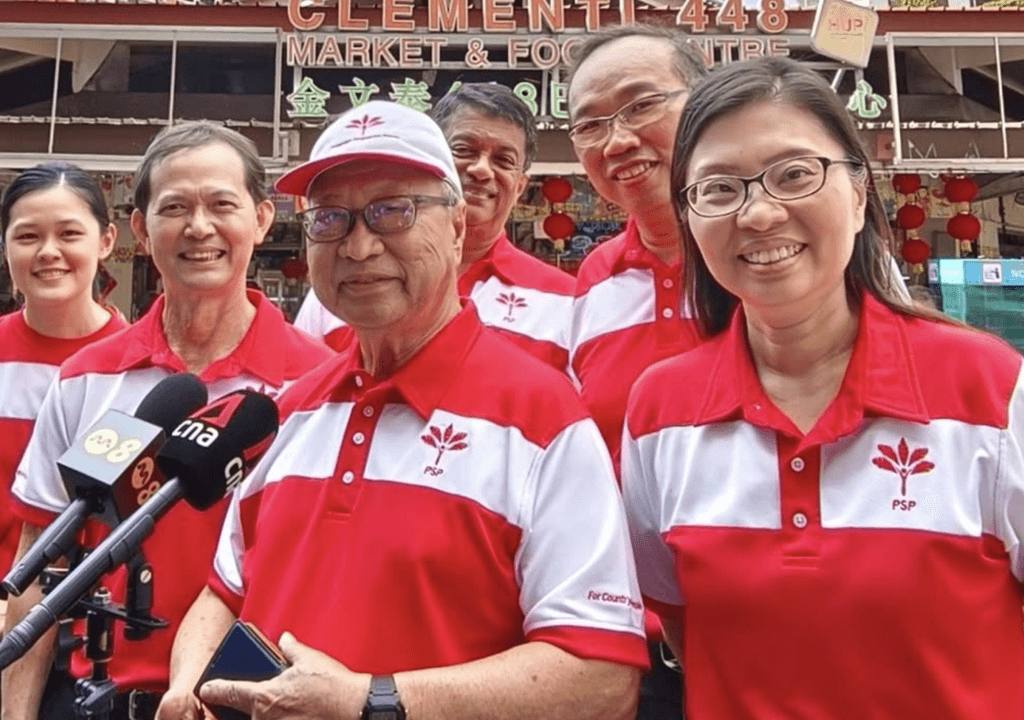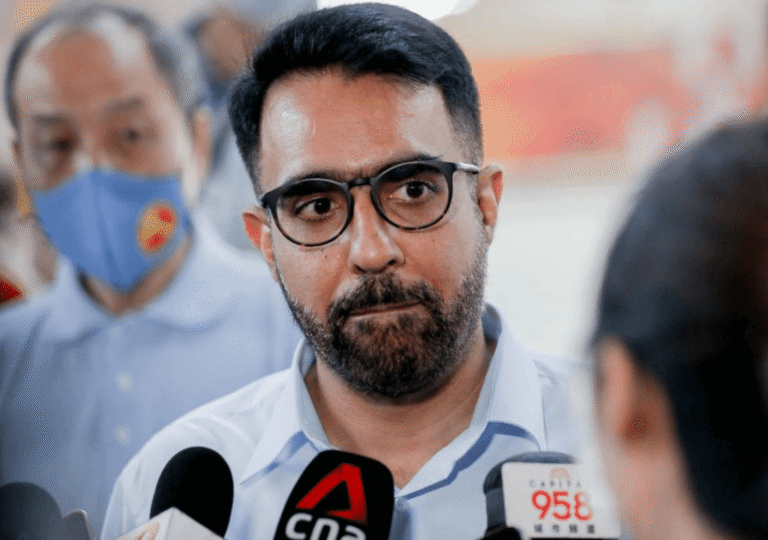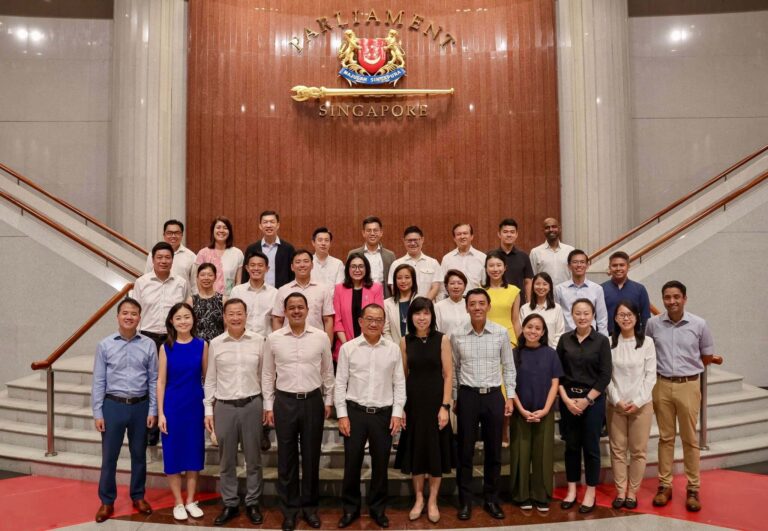The Progress Singapore Party (PSP), which faced a major setback in the last general election—losing 5% of its vote share and all parliamentary representation—is now undergoing a significant leadership overhaul. Founder and chairman Tan Cheng Bock has stepped down, along with vice-chair and former Non-Constituency Member of Parliament (NCMP) Hazel Poa. Party treasurer S. Nallakaruppan has also resigned from the central executive committee (CEC), marking a major shift at the top.
With its most recognizable leaders stepping aside, the PSP appears to be charting a fresh course. However, questions remain about whether the party can rebuild its momentum without the charismatic figures who once gave it visibility and relevance. As a relatively young party founded in 2019, the PSP has yet to establish deep political roots. Without its founding leadership, concerns are growing that it could fade into the background—joining the ranks of Singapore’s many struggling opposition parties.
A new leadership team
Mr. A’bas Kasmani, a safety management professional and former second vice-chair, has been appointed the new chairman of the Progress Singapore Party (PSP). Mr. Anthony Neo, formerly the assistant treasurer, will now assume the role of treasurer, taking over from Mr. S. Nallakaruppan. They join Secretary-General Leong Mun Wai—former Non-Constituency Member of Parliament—who took the helm earlier in March, forming the core of the party’s new leadership team.
As part of this leadership renewal, the party’s Central Executive Committee (CEC)—its highest decision-making body—has also co-opted three new members: Mr. Sani Ismail, who contested West Coast–Jurong West GRC; Mr. Lawrence Pek, a former secretary-general of the Singapore Manufacturing Federation who stood in Chua Chu Kang GRC; and Ms. Stephanie Tan, a former lawyer and homemaker who ran in Pioneer SMC. All three were first-time candidates in the 2025 General Election and lost to candidates from the ruling People’s Action Party.
Although the trio have not yet been assigned specific roles within the CEC, the party views their inclusion as a step toward injecting fresh energy and cultivating new leadership beyond the legacy of its founding figures.
Dr. Tan, along with Ms. Hazel Poa and Mr. S. Nallakaruppan, will remain active in the party. In addition, Dr. Tan will take on an extra role as the party’s adviser.
How may the renewal affect the party?
Although the Progress Singapore Party (PSP) had already undergone a leadership change in March ahead of the May election, recent moves indicate a deeper transformation is underway. At a press conference on July 5 at the party’s headquarters in Bukit Timah Shopping Centre, party chief Leong Mun Wai announced a formal relaunch and renewal effort, framing it as a pivotal turning point for the Progress Singapore Party.
.Leong acknowledged that the outcome of GE2025, in which the PSP failed to win any parliamentary seats, served as a stark wake-up call. With no legislative responsibilities, the party now plans to devote its full attention to internal renewal and rebuilding its political relevance.
As part of this effort, Leong outlined four key priorities: cultivating a new generation of leaders, strengthening grassroots trust among Singaporeans, improving public understanding of government policies, and enhancing the party’s digital outreach
But the road ahead won’t be smooth for the Progress Singapore Party. As Singapore’s political landscape takes on a more bipartisan shape, the space for smaller parties like PSP is narrowing—and the party doesn’t yet appear competitive enough to challenge the dominant players.
The ruling People’s Action Party (PAP) has renewed its leadership and adjusted to changing public expectations, while the Workers’ Party has cemented its role as the dominant opposition force. In contrast, the Progress Singapore Party risks losing its support. Lacking a clear identity or direction, it saw its vote share shrink in the last election, with support shifting toward more established parties. Now, without any parliamentary presence, the PSP has receded into the crowded field of minor opposition groups. Whether it can still attract credible leaders or rebuild public trust remains uncertain.
The PSP is at a turning point. To stay in the game, it needs to reimagine its role, reconnect with voters, and rebuild its foundation with clarity and purpose.







